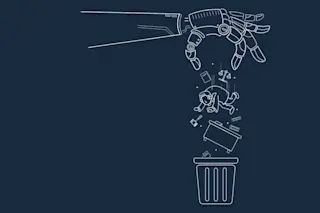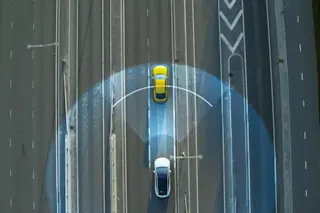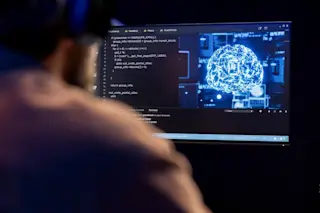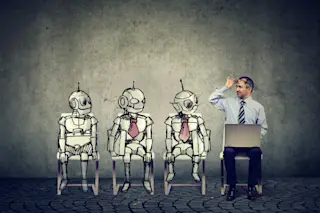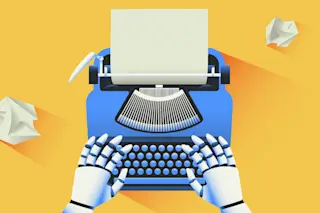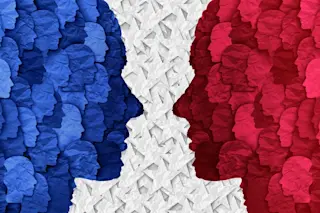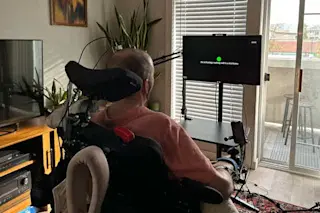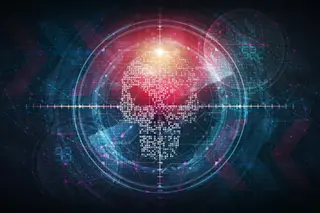So, you just got a parking ticket. Let’s assume it wasn’t the first. And let’s take that a step further and say that you absolutely, positively, do not want to pay it, or think you should, for that matter.
Or let’s say you’re in a more serious situation – you’re planning to file for divorce. You might not be able to afford an expensive attorney, or maybe you just flat-out don’t know where to start with the legal process.
Thanks to a small but growing crop of law-savvy chatbots, you can now employ an AI-powered guide to help fight your legal battles without even setting foot in a law firm.
The technology could revolutionize the process of getting legal assistance. But the use of these bots falls into a gray area that has challenged experts for decades. Although the bots themselves are relatively new to the industry, the arguments over ...


